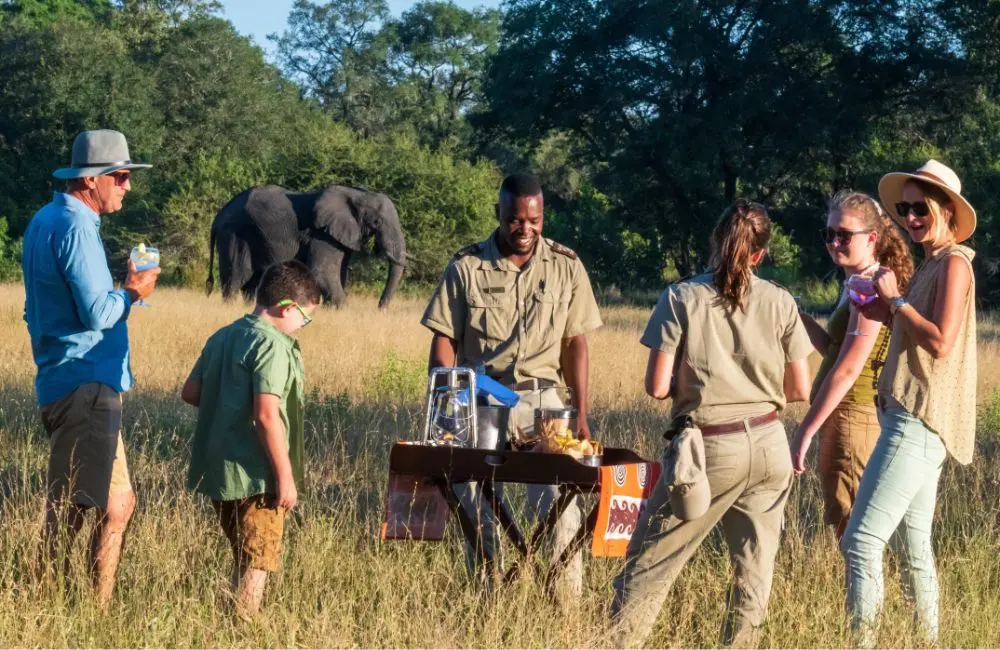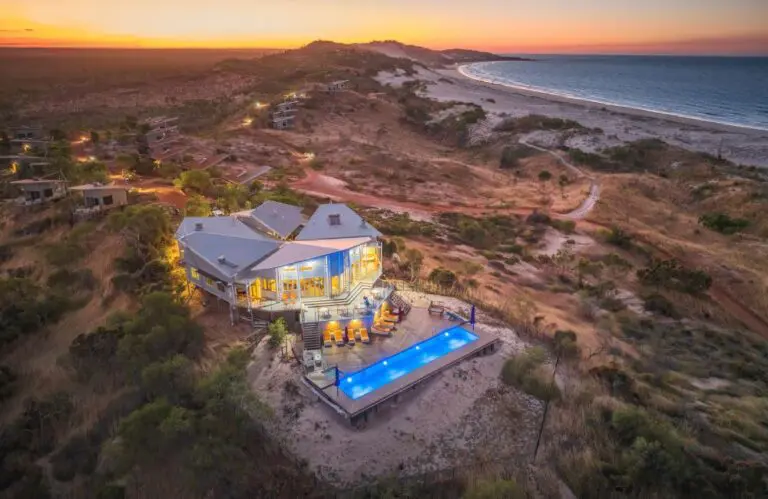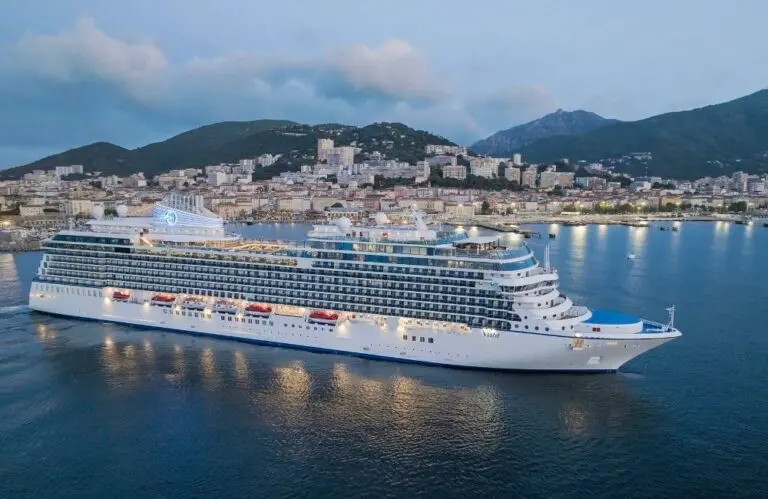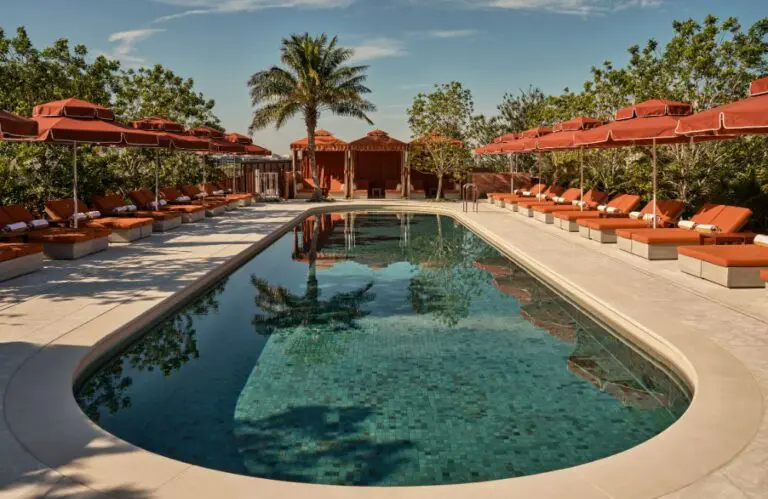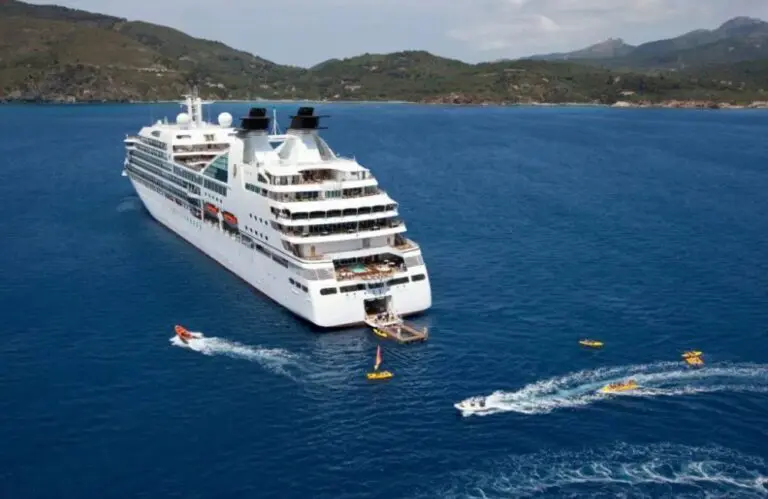In an exclusive interview with Karryon during his recent visit to Australia from his home base of Cape Town, Sabi Sabi Collection Marketing Director Jacques Smit says families are increasingly turning to safaris as a way to reconnect.
Smit says Sabi Sabi Private Game Reserve, which has four safari lodges in the Greater Kruger area, is seeing year-on-year growth of families choosing to safari in Africa as a way to slow down, get their children out in nature and bond as a family.
Smit says the power of safari is its ability to take pause and expose children to conservation at a young age, and it seems Australians can get enough of it.
“We’ve seen year-on-year growth of families, and as their families grow, they change the type of safari lodge they choose.”
He says it’s an experience money can’t buy.
“Our lifestyles are so busy and everything is a mad rush, but when you’re in the bush, you slow down… you leave after three or four days changed. When I took my daughters, watching their reaction to a leopard sighing was an incredibly bonding moment.”
He says travellers are aware of overtourism in Africa, and they don’t want to partake in it and that’s driving Australian luxury travellers to Sabi Sabi because of its “strong empathy towards the environment and species”.
“That’s our secret to safari success. If you’re a pride of lions or a leopard that is a solitary animal, and you enjoy privacy, and if you’re suddenly you’re surrounded by vehicles you keep moving, and we don’t want species to move away, and so on our safaris there are never more than two vehicles joining you, so it means you get to see more wildlife.”
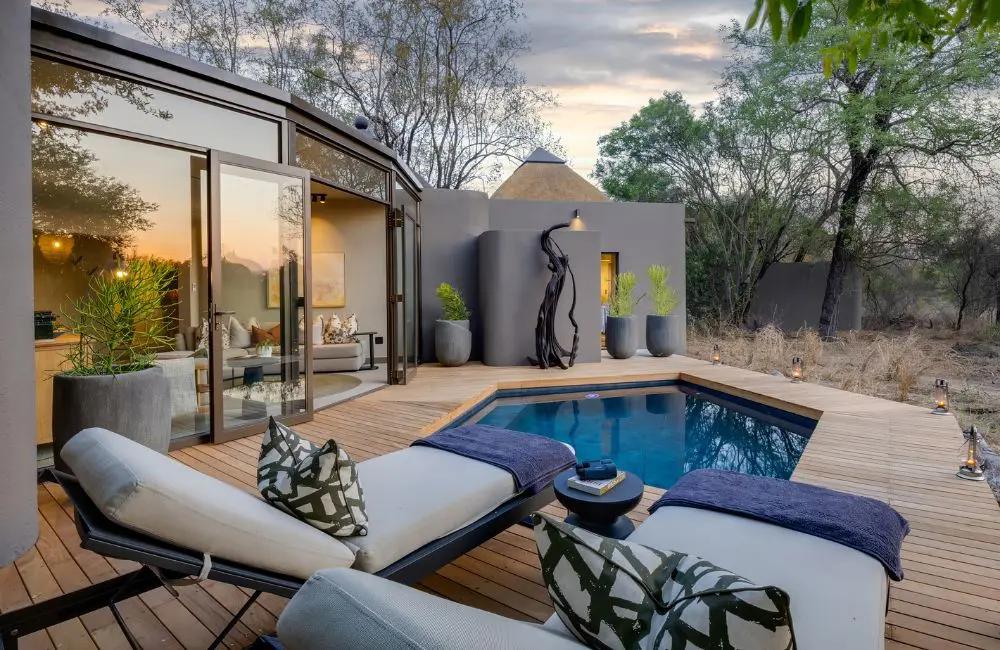
New family villas
In order to meet the growing demand of families travelling on safari, Sabi Sabi has been transforming single-bedroom suites into two-bedroom villas, and it now has three two-bedroom villas as well as the family suites at Bush Lodge, and two-bedroom Amber Villa at Earth Lodge.
The latest is Mandleve Villa at Bush Lodge – a two-bedroom, two-bathroom villa which opened late last year.
Here, the design harks back to African heritage with woven metal pendants and modern interpretations of traditional African wirework, dangling above a statement table. The living space, now extended onto the private deck and pool, with views of the African bush.
The suite includes an exclusive game drive vehicle, along with a skilled guide and tracker team, ensuring a personalised and undisturbed safari adventure.
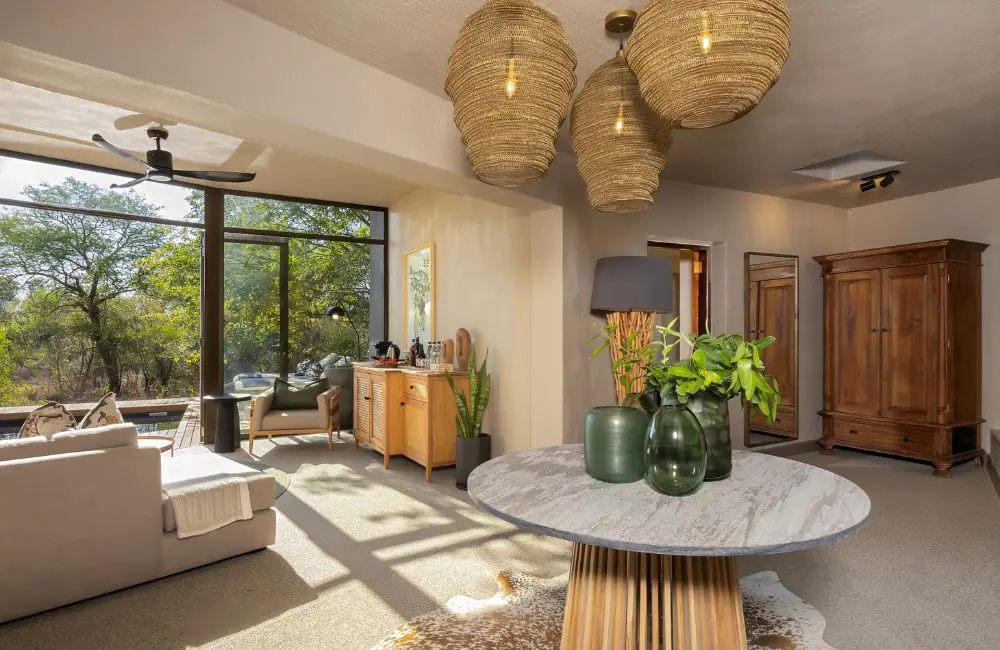
Expanding the Sabi Sabi experience to Cape Town
Next month, Sabi Sabi will open The Claremont Boutique Hotel – Sabi Sabi’s first property outside of the Greater Kruger area.
Located in the suburb of Claremont, beneath Table Mountain, the 1920s manor house hotel is being completely transformed.
There will be 15 individually styled rooms, including the exclusive Sauer Suite with a private pool and separate entrance.
A safari lounge and garden conservatory provide plenty of spaces to relax, and when it’s time to dine, choose onsite Veld & Vine Bistro and the wine-focused 1928 Craft Bar.
“We’ve put a lot of work into restoring this back to its original historic personality,” says Smit.
“From the service and food, you’ll be able to sit down and dine on food sourced from local farmers and sip wines from a nearby 300-year-old estate, and it all adds to the experience.”
He says guests can go here both before or after their safari experience, meaning they can ensure the same Sabi Sabi service pre- and/or post-safari.
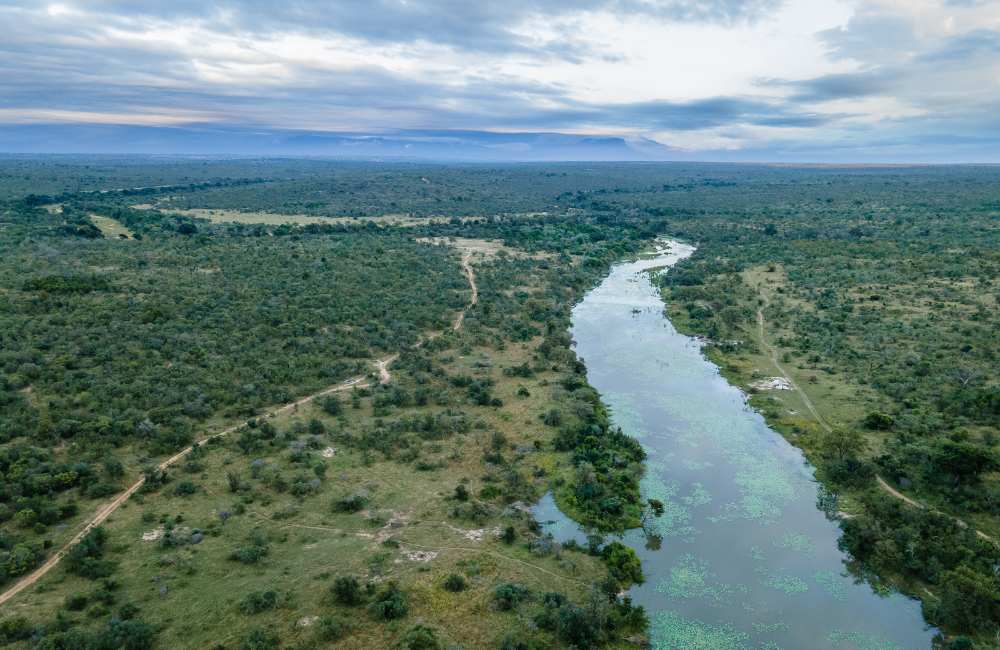
A new lodge in the wings
In June 2026, Sabi Sabi will also open its newest lodge, Sandringham Private Game Reserve.
Located at the convergence of four rivers, bordered by Thornybush, Timbavati, and Ngala Reserves, the 6,500-hectare site is a former hunting reserve.
“One of our biggest challenges was turning this reserve from hunting to an eco-tourism destination, and that’s been a patient, slow process to reintroduce ourselves to the wildlife as non-threatening.
“When we first took over the land, it was just dust, and you wouldn’t see wildlife, so we’ve spent years reintroducing ourselves as non-threatening and now we have lion prides and two sets of cubs who sleep out in the open and don’t even lift their heads when we approach.”
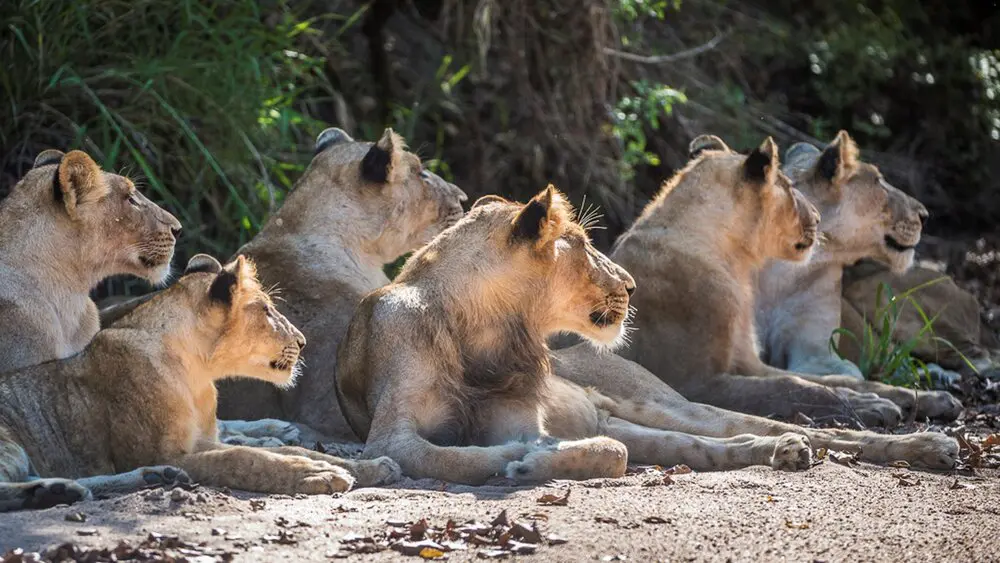
Smit says as well as working hard to ensure they reintroduce wildlife, they’ve been working closely with the local community through the Sabi Sabi Foundation’s training academy.
“We’re teaching young people about empathy towards wildlife and respect and the importance of their behaviour and interactions, and that is making a big difference to the community.”
Smit says that year-long training means locals are often then employed back into tourism.
“It means when they are employed, they’re confident and excited, and they know their career path, and the alternative is we watch them all leave to go and work in the mines.”
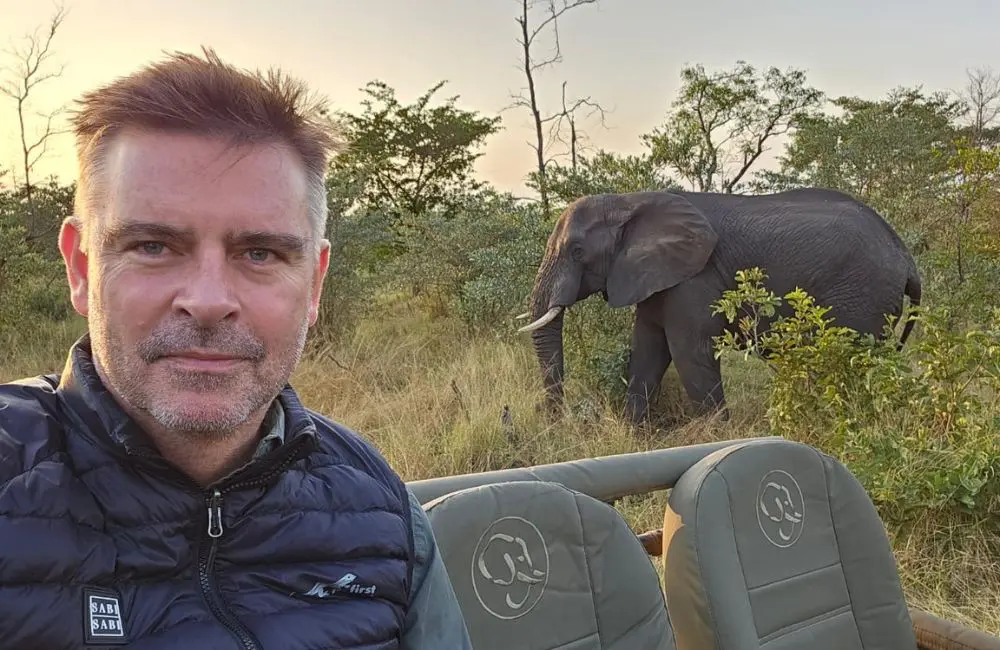
A changing mindset to sustainability
Smit says while most people don’t specifically book a safari because of its conservation initiatives, that mindset is changing.
“We remind ourselves we’re not doing this to attract the sustainable guest, we’re doing this because it’s the right thing to do.
“For the one percent who book specifically because they want to say to make a difference, 99 percent don’t really care, they just want to see good game, have good guides and great food, but once there, they realise there’s a foundation in place here, they do then want to help make a difference.
“I do think there will be a generation that are going to know more about conservation and sustainability, but right now, people aren’t booking because of sustainable ethics, but what I keep reminding people is by just travelling here you are already making an impact, and on the second visit travellers have more knowledge and understanding of how tourism can help the environment and that leads to change.”
For more information, visit Sabi Sabi.


